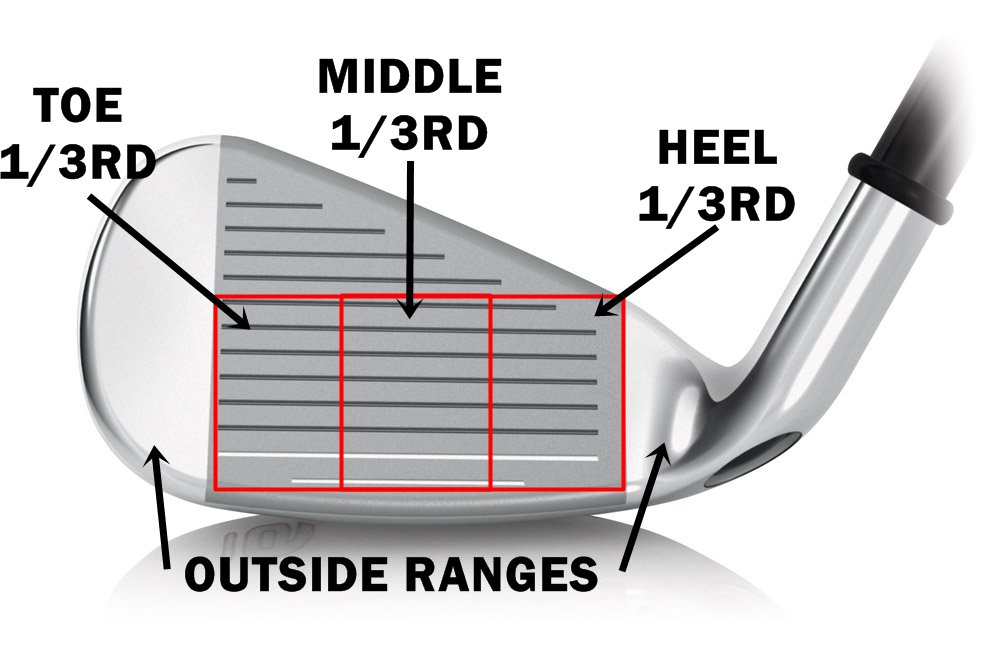IGNORED
Natural Movement sequence
Note: This thread is 4911 days old. We appreciate that you found this thread instead of starting a new one, but if you plan to post here please make sure it's still relevant. If not, please start a new topic. Thank you!
-
Topics Being Discussed Right Now on The Sand Trap
-
- 10,976 replies
- 981,492 views
-
- 1 reply
- 43 views
-
"5 Minutes Daily" Practice Challenge 1 2 3 4 1013
By iacas, in Instruction and Playing Tips
- 5 minutes daily
- dedication
- (and 6 more)
- 18,217 replies
- 1,841,968 views
-
Dr. Raymond Prior and Block vs. Random Practice (The Spin Axis Podcast) 1 2
By iacas, in Swing Thoughts
- 26 replies
- 781 views
-
- 18 replies
- 3,642 views
-






Recommended Posts
Create an account or sign in to comment
You need to be a member in order to leave a comment
Create an account
Sign up for a new account in our community. It's easy!
Register a new accountSign in
Already have an account? Sign in here.
Sign In Now